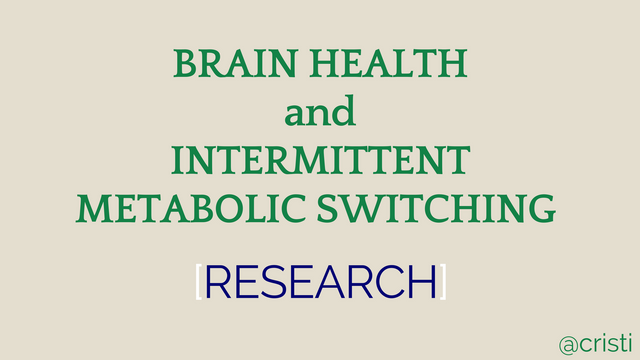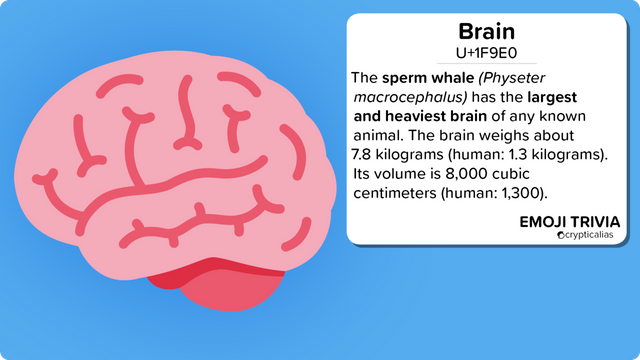Brain Health and Intermittent Metabolic Switching [Research]

Mattson et al. (2018) have published a paper in which they look into intermittent metabolic switching and its implications in neuroplasticity and brain health.
Intermittent metabolic switching is exactly what one may think it is. It refers to energy metabolism and the switching between the fasted and fed states. It refers to switching from glucose predominance to ketone predominance. The two pictures look rather different.
In the fed state the body builds itself up and grows, while in the fasted state it breaks tissue and it deals with repair and maintenance processes - this is to put it extremely simplistically. The models for both states (that may improve brain health) proposed by Mattson and colleagues (2018) are as follows...
In the 'fasting and exercise' ('bioenergetic challenge') state:
- ketones, ghrelin, myokines and other metabolites go up, upregulating BDNF, autophagy and DNA repair
- glucose, insulin, leptin, cytokines and other metabolites go down, downregulating protein synthesis, mTOR activity and cytokine activity
Conversely, in the 'eating, resting and sleeping' ('recovery period') state:
- ketones, ghrelin, and myokines go down, downregulating autophagy, BDNF and other catabolism representative pathways
- glucose, insulin, leptin, cytokines and other metabolites go up, leading to increased protein synthesis, higher mTOR and increased mitochondria biogenesis.
The implications for each state are significant. One of the key players is BDNF or brain-derived neurotrophic factor, which is a protein "produced and released from neurons in response to synaptic activity, exercise, and fasting that acts to enhance synaptic plasticity and cellular stress resistance" [source].
As discussed by these researchers, intermittent metabolic switching (from glucose to ketones) impacts many signaling pathways that support neuroplasticity and brain resilience (resistance to injury and disease). The details for this paper, for those interested, can be found below:
To stay in touch with me, follow @cristi
Cristi Vlad Self-Experimenter and Author
Thank you for sharing this nice summary of the article. Upvoted and Resteemed
Another reason why the pattern of feast and famine is so beneficial for body composition, health, cognition, and longevity. Do you think that mTOR in excess causes aging and cancer growth?
I dont think the picture we're dealing it today (chronic mTOR secretion) has been seen evolutionarily because there's never been the abundance of food that we have today.
Your publications at the level always benefit from them. keep it up hero @cristi
I'm not going to pretend to completely grasp this scientifically, but I am pleased to see Ghrelin being mentioned...the long overlooked Ghrelin, IMO
I don't stay in constant Ketosis, but I always return to it by lowering my carbs intake to 25 which is strictly from veggies for 1 week per month and 3 days per week. The 'offish' days I eat 75-100 carbs via adding fruits and my fav treat cottage cheese w/ blueberries. I didn't use science, I just found this works for me to keep my weight stable and migraines down. It sounds like I may be on the right track if I am understanding the analyses above. Am I kinda' getting the above or completely missing the boat?~~giggle PS: I just passed my 3 year Ketoversary. Keto changed my life!!!!!!! :)
Wow, what a great article :) Btw:
